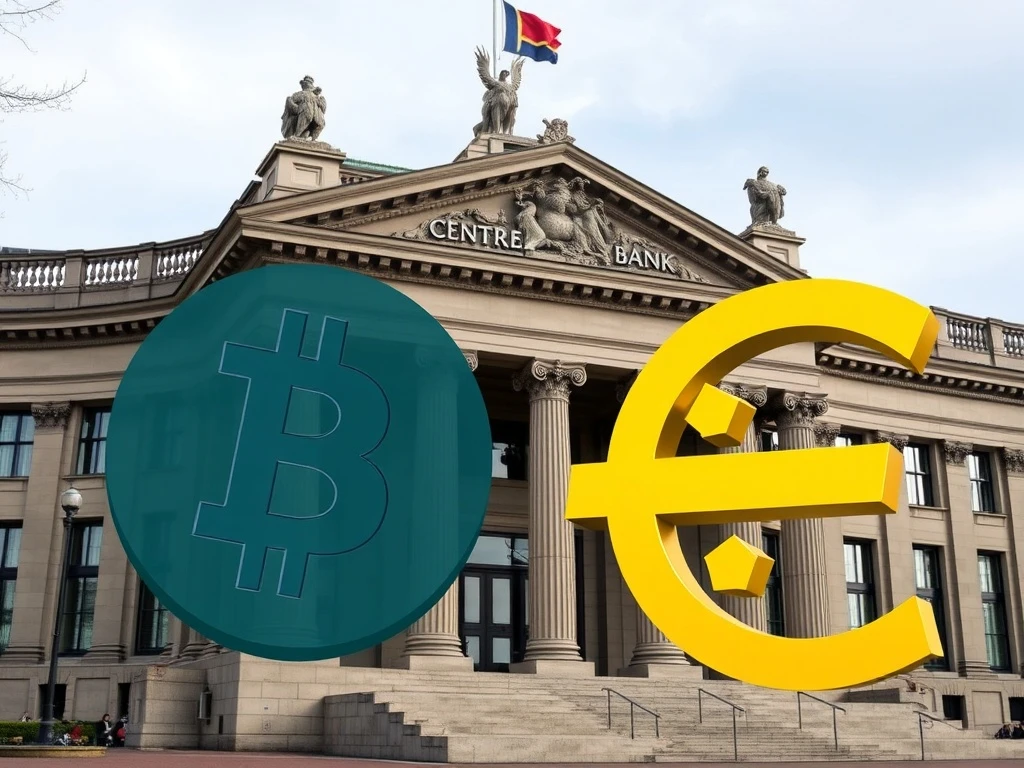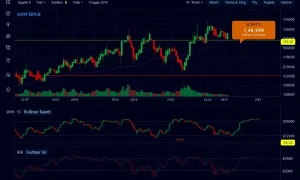Dutch financial authorities have delivered a powerful message to the cryptocurrency industry with a substantial €5 million penalty against global exchange OKX, highlighting the urgent need for strict crypto compliance across European markets.
Dutch Regulators Take Firm Stance on Crypto Compliance
The Dutch Central Bank (DNB) has imposed a significant €5 million fine on OKX for operating without proper licensing. This enforcement action demonstrates Europe’s growing commitment to crypto compliance standards. The penalty specifically addresses violations under the Dutch Financial Supervision Act. Regulators emphasize that unauthorized operations threaten financial stability and consumer protection. Consequently, this case sets a precedent for other cryptocurrency platforms operating in the region.
Understanding the Compliance Violation
OKX continued providing services to Dutch residents despite lacking necessary regulatory approval. The exchange, headquartered in Seychelles, previously faced similar scrutiny in other jurisdictions. DNB requires all cryptocurrency service providers to obtain proper licensing or operate under European Securities and Markets Authority oversight. This enforcement aligns with broader European efforts to combat money laundering and ensure market integrity. The fine represents one of the first major penalties against a crypto platform in the Netherlands.
European Regulatory Landscape Intensifies
European regulators are implementing stricter oversight through several key mechanisms:
- MiCA Framework: Comprehensive regulations taking effect in 2024
- Licensing Requirements: Mandatory registration for all service providers
- Transparency Standards: Enhanced reporting and disclosure obligations
- Consumer Protection: Stronger safeguards for digital asset investors
Impact on Crypto Industry Operations
The enforcement action signals increased pressure on international crypto platforms. Smaller exchanges may struggle with compliance costs while larger operators must adapt quickly. European authorities coordinate efforts to prevent regulatory arbitrage among member states. This development promotes more structured industry growth and potentially increases institutional participation. However, it also creates complex operational challenges for global cryptocurrency businesses.
Future Implications for Crypto Compliance
The Dutch penalty underscores the urgency for platforms to align with evolving regulations. Noncompliance risks severe financial and reputational consequences across European markets. Industry analysts predict ripple effects on platforms lacking robust compliance structures. The regulatory environment becomes increasingly complex and costly for international operators. This shift toward regulated growth may ultimately benefit consumer confidence and market stability.
FAQs
What specific regulation did OKX violate?
OKX violated the Dutch Financial Supervision Act by operating without the required license from the Dutch Central Bank.
How does this affect other cryptocurrency exchanges?
Other exchanges must ensure proper licensing and compliance with local regulations to avoid similar penalties and operational restrictions.
What is the MiCA framework mentioned in the article?
MiCA (Markets in Crypto-Assets) is the European Union’s comprehensive regulatory framework for cryptocurrency services, set to implement standardized rules across member states.
Can OKX appeal this decision?
Yes, OKX can challenge the penalty through legal channels, though the process would involve demonstrating compliance with Dutch regulatory requirements.
How will this enforcement affect cryptocurrency users?
Users benefit from increased consumer protections and market stability, though they may experience reduced access to non-compliant platforms.
What should cryptocurrency businesses learn from this case?
Businesses must prioritize regulatory compliance and obtain proper licensing before operating in any jurisdiction to avoid significant financial penalties.








